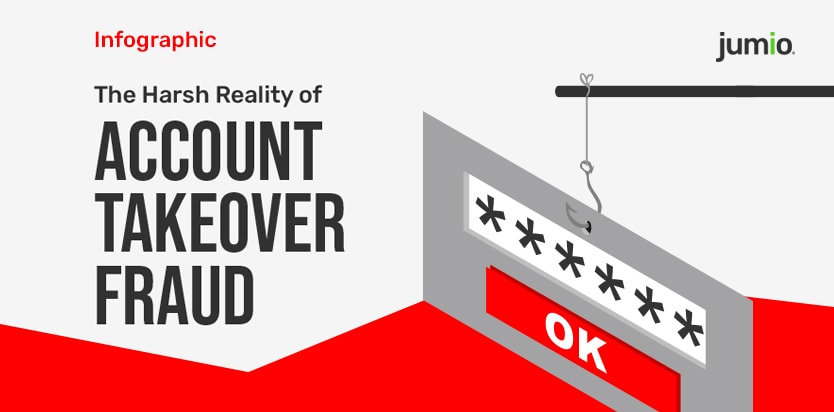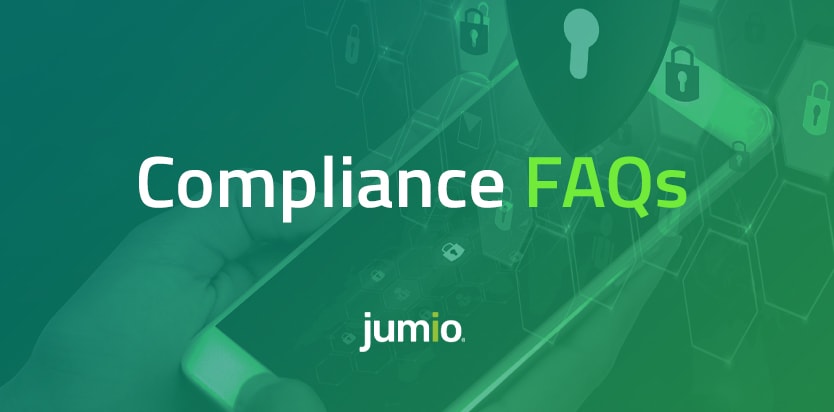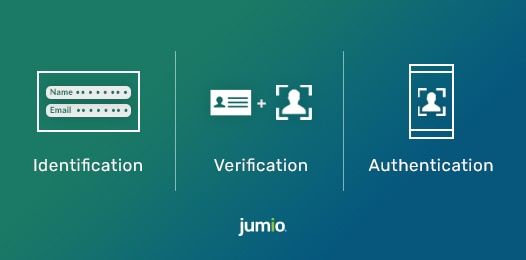Account takeover (ATO) fraud is when a bad actor seizes control of an online account, changes information such as the username, password or other personal information, and then makes unauthorized transactions with that account. ATO is on the rise, and businesses and banks are in the crosshairs. 2022 had the second-highest number of data compromises…
The Harsh Reality of Account Takeover Fraud and the Future of Prevention [Infographic]






![10 Tips to Convert More Customers During Account Onboarding [Infographic]](https://www.jumio.com/app/uploads/2020/02/Convert-More-Customers-Infographic-Social.png)


